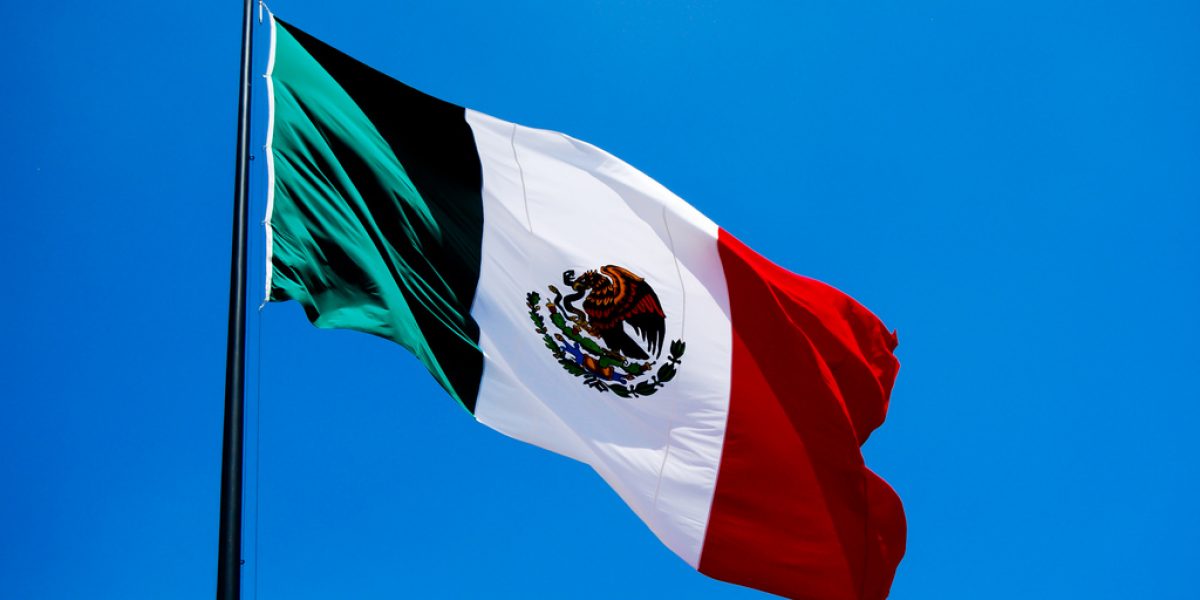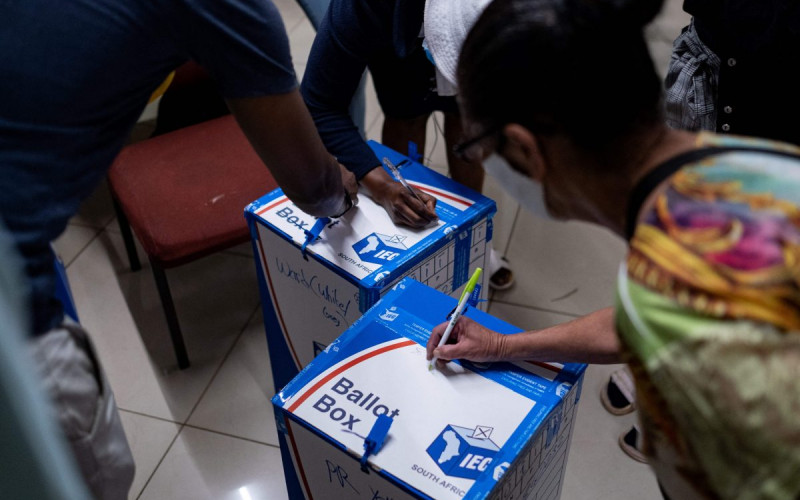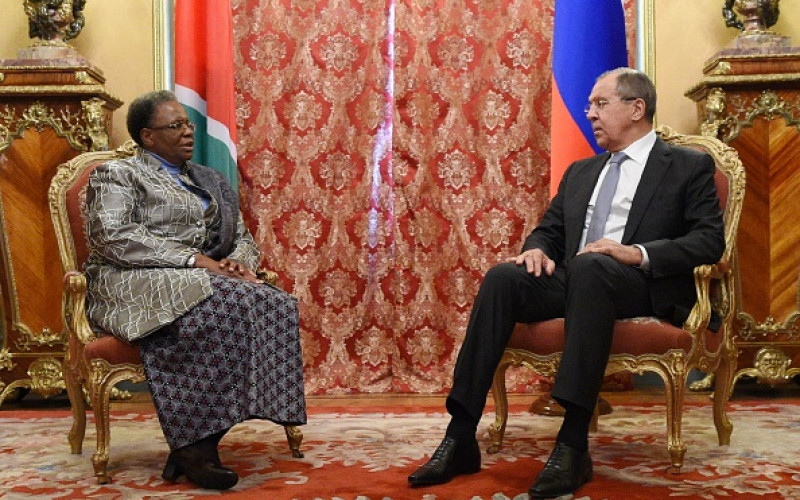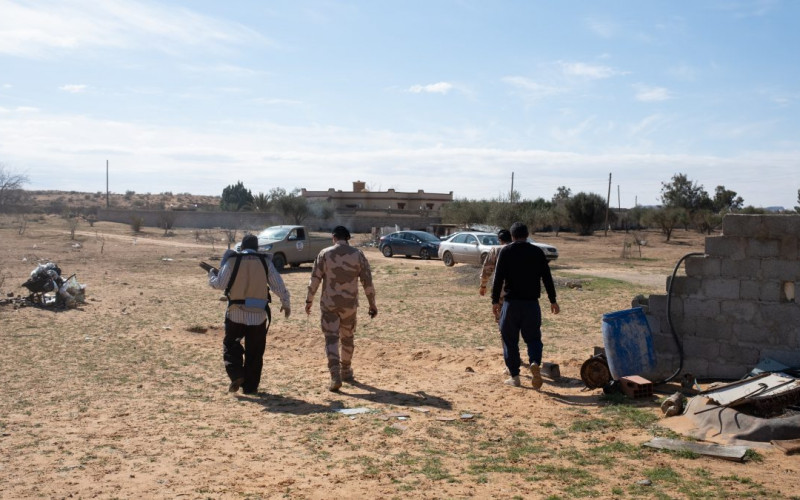In early December 2003, representatives of 95 countries gathered in panama hats amid the ancient Mayan ruins of Merida, the capital of Mexico’s Yucatan, to sign the landmark UN Convention Against Corruption.
The convention takes the unprecedented step of compelling governments to return stolen assets to the countries from which they were taken. That’s an important point of departure. It paves the way for efforts to repatriate funds stolen by deposed dictators like Zaire’s Mobutu Sese Seko, Nigeria’s Sani Abacha and Liberia’s Charles Taylor. As UN Secretary-General Kofi Annan said at the signing conference, ‘Corrupt officials will in the future find fewer ways to hide their illicit gains.’
International treaties, of course, do not guarantee that countries and the people who run them will behave. The canon of international law developed over the past 50-plus years still looks far better on paper than it does in practice. But these conventions do have a leavening effect. Ironically, the first and only state so far to ratify the corruption accord is Kenya – a country that coined the term ‘kleptocracy’ during the sticky-fingered 24-year reign of former President Daniel arap Moi.
International anti-corruption organisations warn that the convention lacks enforcement measures. ‘The failure to address monitoring … is the most serious shortcoming of the convention,’ said Peter Rooke, a member of Transparency International’s Advisory Council.
But Africa has such a tool at its disposal. The UN accord coincides with the start of the African Peer Review Mechanism (APRM), a formal process enabling African leaders and civil society to critique the performance of those who hold power.
Slowly, a continent that for decades was a caricature of corruption is changing its practices for the better. Twenty-five African countries signed the UN convention and are moving toward ratification. Several have launched bold initiatives to earn back the public’s trust. Sixteen countries, starting with Ghana, have agreed to open their books to scrutiny by their peers as part of the APRM.
Here are some bright spots… and a few of the dimmer ones too:
A year after wresting power from a long-entrenched and notoriously crooked government, the new ruling party in Kenya has swept through the judiciary, the forest service, utility companies, the nation’s biggest brewery, city halls and police stations in what has been hailed as a model for reform in Africa. So far, so good. The International Monetary Fund resumed lending in November 2003, three years after suspending Moi’s government, and the Paris Club of Creditors agreed in January 2004 to reschedule Kenya’s debt.
New legislation established the Kenya Anti-Corruption Commission. Twenty-three judges, including some of the nation’s top jurists, face tribunals. Nairobi’s mayor has been asked to resign or face wide-ranging embezzlement charges. Several ministers have been called to account. The Central Bank of Kenya has uncovered dormant foreign accounts thought to be held by top businessmen intertwined with the Moi government. Officials now believe those accounts may have been used to siphon state funds out of the country over a sustained period.
Some observers worry that President Mwai Kibaki is taking too soft a line against Moi and his cronies – many of whom are still in prominent positions. In the latest allegation of high-level misconduct, Philip Mbithi, Moi’s former cabinet chief, said in late January 2004 that Moi ordered him in 1992 to transfer $76 million in state funds to Goldenberg, the company at the centre of a massive gold and diamond exporting scandal. Moi’s lawyers, the BBC reported, denied that the former president ordered any illegal payments.
John Githongo, permanent secretary for ethics and governance, told the BBC in December 2003 that ‘a deliberate choice … has been made not to target former President Moi,’ despite allegations that he stole between $1 billion and $4 billion from the country during his rule.
Mozambique opened a trial in December 2003 against 19 people accused of defrauding the country’s largest bank, the Commercial Bank of Mozambique, of $14 billion just before its privatisation in 1996.
In Nigeria, three former ministers and other senior officials were brought to trial in January 2004 for bribery and corruption stemming from a multi-million dollar state contract with SAGEM, a French telecommunications, electronics and defence group, IRIN reported.
The three former ministers, all of whom served the current government, were joined by the former national secretary of President Olusegun Obasanjo’s ruling People’s Democratic Party and the former permanent secretary of the ministry of internal affairs. They were charged with multiple counts for allegedly collecting $2 million in bribes in connection with a $214 million contract involving new national identity cards.
Not everyone has caught the anti-corruption fever. Malawi, whose three-year suspension from the IMF was only recently lifted, risks losing aid again after parliament failed to pass an anti-corruption bill, the African Church Information Service reported.
President Sam Nujoma of Namibia was accused in December 2003 of personally blocking an audit of the country’s Roads Authority just two months after the government proposed establishing its own commission on graft. The global anti-corruption website U4 News reported that the auditing firm subsequently claimed to have found a discrepancy of more than $1 billion in the authority’s funds.
Across the border, South Africa, whose parliament passed the country’s new Prevention and Combating of Corrupt Activities Bill in November 2003, is mired in a seemingly endless stream of high-level bribery and theft allegations arising from a multi-billion dollar arms deal.
Although he has yet to sign the corruption bill into law, President Thabo Mbeki has vowed publicly to eradicate graft in his government. But his critics say there’s been little follow-through on such promises. In August 2003, the national public prosecutor’s office said it had prima facie evidence of corruption against Deputy President Jacob Zuma in connection with the arms deal. Two months later, Mbeki opened a judicial commission of inquiry to investigate whether the public prosecutor, Bulelani Ngcuka, was an apartheid spy.
The commission was widely regarded as an attempt to deflect the public’s attention from Zuma, and in January 2004 Judge Joos Hefer concluded that ‘the allegations [against Ngcuka] were ill-conceived and entirely unsubstantiated.’
While Zuma’s chief financial adviser, Schabir Shaik, faces prosecution for multiple counts of fraud and theft, Parliament’s ethics committee has dismissed claims that Zuma failed to declare payments worth nearly $200,000 from Shaik – payments (Zuma called them loans) that he had not yet repaid.
Zambia began prosecuting Frederick Chiluba in December 2003. The former president, stripped by parliament of the immunity he granted himself before leaving office, and his co-accused face 168 counts of corruption, theft and abuse of power totaling more than $40 million, the BBC reported. The trial was set to resume in February 2004.
Mark Chona, chairman of Zambia’s anti-corruption task force, said they have con-fiscated 16 properties and are scrutinising more than 400 companies in the ongoing investi-gation. At the same time Zambia was paying inflated prices for oil and earning poor returns on its copper exports, Chona said, Chiluba presided over a ‘permissive culture of corruption’ in which senior politicians received kickbacks and commissions for awarding multi-million dollar contracts.
President Levy Mwanawasa has won widespread acclaim for bringing Chiluba to trial. But Zambia still lacks codes of conduct for the president, the police, the anti-corruption commission and the national tender board, among other public departments, according to Alfred Chanda, Transparency International’s top representative in the southern African country.
The office of Eduardo dos Santos, the president of Angola, quickly denounced a report released by Human Rights Watch in January 2004 claiming that $4 billion in oil revenues had disappeared from government accounts between 1997 and 2002. The report equated the amount to total government spending on social programmes during the same period.
In January 2004, Zimbabwe’s newly appointed Reserve Bank governor, Gideon Gono, launched new efforts to curb corruption in the country’s collapsing financial sector. Several institutions have been implicated in money-laundering activities.
Meanwhile, police have arrested lawyers, insurance agents and a top politician implicated in corrupt practices. Two directors of financial firm ENG Capital Management were arrested after their company failed to pay more than $70 million owed to investors. Police seized several luxury cars linked to the case, at least two of which were in the possession of Philip Chiyangwa, a member of parliament for the ruling party, who was subsequently arrested on charges of obstructing justice.
Zimbabwean political analyst Heneri Dzinotyiwei told Reuters that Mugabe may be cracking down on corruption to ease political pressure on the ruling Zimbabwe African National Union-Patriotic Front before next year’s parliamentary elections – as he did in a 1989 pre-election purge of cabinet ministers and officials accused of dirty dealing.
‘From a political point of view, the crackdown would be popular with the people,’ Dzinotyiwei said.






